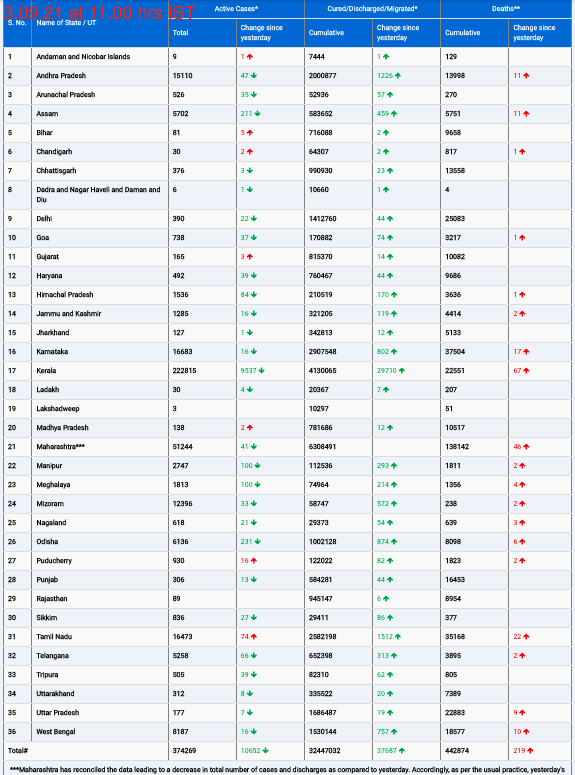Uppsala, Sweden – A recent study has revealed that coffee brewed in many workplace coffee machines contains significantly higher levels of cholesterol-elevating substances compared to coffee prepared using traditional paper filter methods. This finding, published in the journal Nutrition, Metabolism & Cardiovascular Diseases, raises concerns about the potential health implications for regular coffee drinkers in office environments.
Researchers from Uppsala University, in collaboration with Chalmers University of Technology, analyzed coffee samples from 14 workplace coffee machines. The study focused on the presence of diterpenes, specifically cafestol and kahweol, known to increase LDL cholesterol levels.
“Considering how much coffee is consumed in Swedish workplaces, we wanted to get a picture of the content of cholesterol-elevating substances in coffee from these types of machines,” explained David Iggman, the lead researcher from Uppsala University. “We studied fourteen coffee machines and could see that the levels of these substances are much higher in coffee from these machines than from regular drip-filter coffee makers.”
The research team found a significant variation in diterpene concentrations among the different machines and even within samples taken from the same machine at different times. Notably, brewing machines, which are common in workplaces, produced coffee with the highest levels of these substances.
“From this we infer that the filtering process is crucial for the presence of these cholesterol-elevating substances in coffee. Obviously, not all coffee machines manage to filter them out. But the problem varies between different types of coffee machines, and the concentrations also showed large variations over time,” Iggman stated.
The study also compared the diterpene levels in coffee prepared using various methods, including percolators, espresso machines, French presses, and boiled coffee. Boiled coffee showed the highest concentration of diterpenes, while espresso samples also exhibited high, albeit variable, levels.
“Most of the coffee samples contained levels that could feasibly affect the levels of LDL cholesterol of people who drank the coffee, as well as their future risk of cardiovascular disease,” Iggman warned. “For people who drink a lot of coffee every day, it’s clear that drip-filter coffee, or other well-filtered coffee, is preferable.”
The researchers highlighted the need for further controlled studies to accurately determine the precise effects of workplace coffee consumption on LDL cholesterol levels.
Study Details:
- Researchers analyzed coffee from 14 workplace machines, including 11 brewing machines and 3 liquid-model machines.
- Samples were taken every two to three weeks, using medium and dark roast varieties from five common ground coffee brands.
- Comparative analyses included percolator, French press, boiled coffee, boiled coffee poured through a fabric filter, and espresso.
- The study was conducted in spring 2024.
Disclaimer: This article is based on the provided information from a scientific study and should not be taken as medical advice. The findings suggest a potential link between coffee from certain workplace machines and elevated cholesterol levels. Individual responses to coffee consumption can vary. Readers should consult with a healthcare professional for personalized advice regarding their cholesterol levels and dietary habits. Further research is needed to confirm and expand upon these findings.












